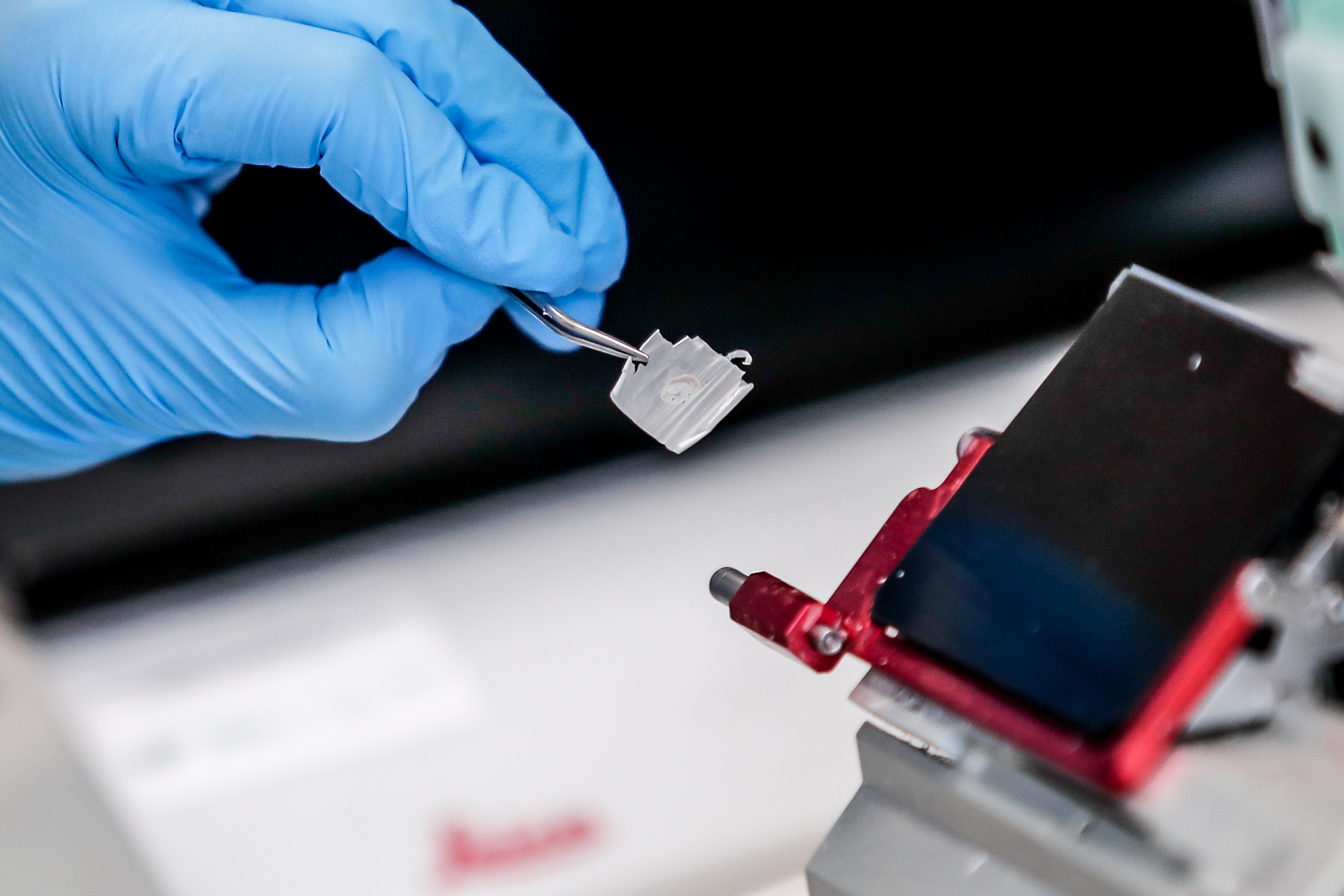| Grant: | NKFI FK 138842 |
| Amount of support: | 38.125.000 Ft |
| Duration: | 2021.09.01.-2025.08.31. |
| Principal investigator: | Zoltán Zádori, MD, PhD |
Summary
Nonsteroidal anti-inflammatory drugs (NSAIDs) are among the most commonly used medications worldwide for the treatment of pain, inflammation and fever, but they induce significant damage to the small intestine. At present, there is no effective therapy to treat this so-called enteropathy, and its complex pathogenesis remains in many aspects insufficiently understood. For example, it is known that NSAIDs alter the composition of bacterial community residing in the intestine (microbiota), but little is known about the mechanisms underlying this dysbiosis. Similarly, it is known that NSAIDs increase the toxicity of bile, but it is unclear, whether and how NSAIDs change the intestinal bile composition, and whether changes in bile hydrophobicity contribute to NSAID enteropathy. Our study aims to identify novel mechanisms that may underlie NSAID-induced dysbiosis and bile alterations, by using a well-established animal model of enteropathy. In particular, we are focusing on the intestinal changes of pattern recognition receptors (important parts of the innate immune system), antimicrobial peptides (important peptides in host defense), and peroxisome proliferator-activated receptors in response to NSAIDs. In addition, we also aim to determine for the first time whether pharmacological activation of the endocannabinoid system can confer protection against NSAID enteropathy. Our analysis may help to decipher the complex etiology of NSAID-induced dysbiosis and bile alterations, and may also identify a novel therapeutic option for the treatment of NSAID enteropathy.
Participating researchers
Working group leader: Zoltán Zádori, MD, PhD
Professor emerita: Klára Gyires, MD, PhD
Researcher: Gerda Wachtl, PhD
Collaboration partners
Semmelweis University, Hungary
Pharmahungary Group, Hungary
Pázmány Péter Catholic University, Hungary
Nord-Pest Central Hospital – Military Hospital, Hungary
Université de Toulouse, France
Goethe Universität, Germany
Methods applied
To map inflammatory processes, we determine tissue levels of inflammatory markers (e.g. COX2, MPO, PTX3, TNF-α) and various receptors (e.g. Toll-like receptors, cannabinoid receptors 1 and 2) both at protein (Western blot, ELISA) and RNA (RT-qPCR) levels. In addition, we perform hematoxylin-eosin staining and immunohistochemistry on paraffin-embedded histological sections, which allow a more precise evaluation of morphological and molecular lesions in the distal sections of the intestinal tract. In addition, 16S rRNA sequencing will be used to study the microbiome.
Although NSAID-induced intestinal dysbiosis is known since several decades, the underlying mechanism is still poorly understood. In addition, according to the prevailing concept, NSAIDs increase the proportion of hydrophobic secondary bile acids, and increased bile hydrophobicity contributes to their intestinal damaging effect. However, this concept is based on the biliary effect of indomethacin, and has never been confirmed at the site of damage and with other NSAIDs. In fact, little is known about the effect of NSAIDs on intestinal bile composition and bile hydrophobicity, and also the mechanisms underlying bile alterations are unclear. Our studies aim to analyse the complex relationship between NSAID-induced intestinal damage, dysbiosis and bile dysmetabolism. We also aim to decipher the mechanisms underlying dysbiosis and bile alterations, and analyse for the first time the NSAID-induced alterations of pattern recognition receptors and antimicrobial peptides, and peroxisome proliferator-activated receptors, respectively. For our studies, we use state-of-the-art techniques, such as Illumina sequencing and high-performance liquid chromatography-tandem mass spectrometry. Such complex analyses, by using different NSAIDs, measuring all pathogenic factors, and calculating all (several thousands of) correlation coefficients between all measured variables (inflammatory markers, abundances of bacteria at different taxonomic levels, concentrations of individual bile acids) are unique at present, and therefore expected to attract great scientific interest. In addition, although the importance of the endocannabinoid system has been demonstrated in numerous physiological and pathological processes, our study will be the first to determine whether endocannabinoids can confer protection against NSAID enteropathy. In conclusion, our analysis will provide important novel data on the pathogenesis of NSAID-induced small intestinal damage, dysbiosis and bile alterations, and will hopefully identify a novel therapeutic option for the treatment of NSAID enteropathy.
Pictures

